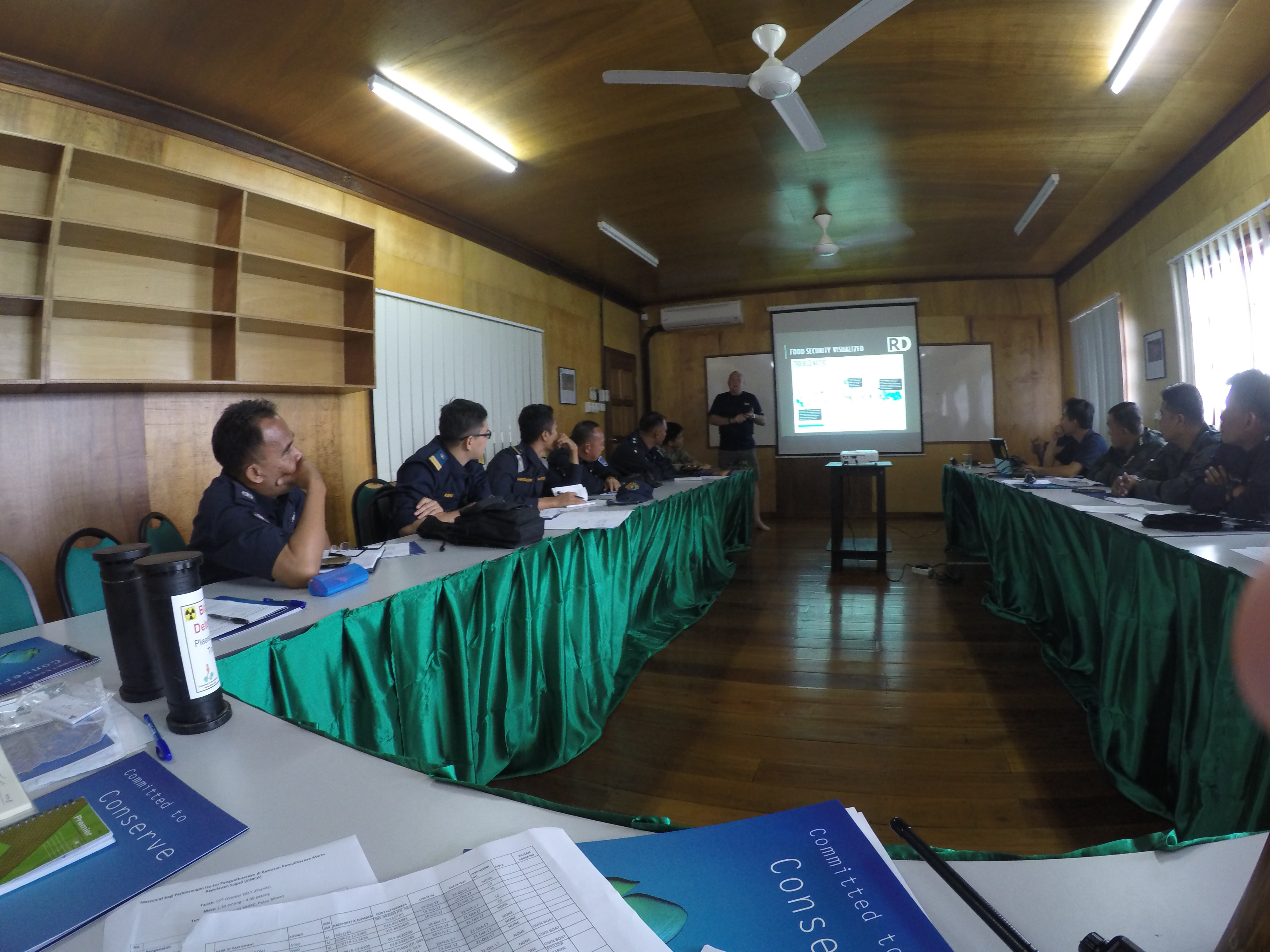To achieve fisheries sustainability, it is necessary to have the participation of all stakeholders involved in decision making. In this way, they share responsibilities and rights for the use and management of resources, conflict resolution, and knowledge exchange. This is what is known as co-management of fisheries; where those involved become allies and collaborate to achieve the same objective.
To achieve this, all potential allies were first identified: fishing communities, the government sector, academia, civil society organizations and the market. They were invited to collaborate and a series of meetings were held with the participation of all stakeholders, where the project, its objectives and goals were designed. Stakeholders were invited to be part of the project and to contribute to it from their experience and field of work. This was formalized by signing a memorandum of understanding. Now, biannual meetings are held to present the progress made and establish the next goals, always seeking transparency and fostering trust and equitable participation.
